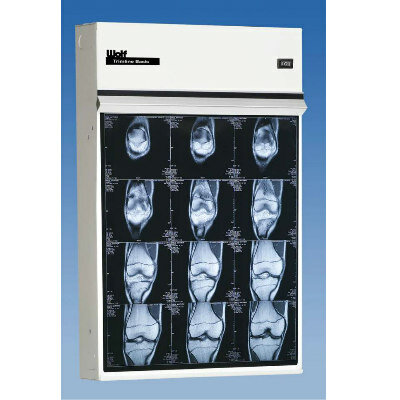Another Study Confirms Strong Statin-Diabetes Link
By HospiMedica International staff writers
Posted on 18 May 2015
A new study confirms that those taking statin drugs to control cholesterol levels are much more likely to develop diabetes.Posted on 18 May 2015
Researchers at the VA North Texas Health System (Dallas, TX, USA) and the University of Texas (UT) Southwestern (Dallas, USA) conducted a retrospective cohort study involving 25,970 Tricare—a health care program of the United States Department of Defense Military Health System—to examine the association between statin use and new-onset diabetes, diabetic complications, and overweight/obesity in a cohort of healthy adults. Patients who had a preexisting disease indicative of cardiovascular diseases (CVD), co-morbidities, or life-limiting chronic diseases were excluded.
The researchers found that among 3,351 pairs of similar healthy patients, statin users were 86% more likely to develop new-onset diabetes, and 250% more likely than their non-statin-using counterparts to develop diabetes with complications. Statin users were also 14% more likely to become overweight or obese after being on the drugs. The researchers also found that the higher the dose of any of the statins, the greater the risk of diabetes, diabetes complications, and obesity. The study was published in the April 2015 issue of the Journal of General Internal Medicine.
“No patient should stop taking their statins based on our study, since statin therapy is a cornerstone in treatment of cardiovascular diseases and has been clearly shown to lower mortality and disease progression,” said lead author Ishak Mansi, MD. “Rather, this study should alert researchers, clinical guideline writers, and policymakers that short-term clinical trials might not fully describe the risks and benefits of long-term statin use for primary prevention.”
“I myself am a firm believer that these medications are very valuable for patients when there are clear and strict indications for them,” added Dr. Mansi. “But knowing the risks may motivate a patient to quit smoking, rather than swallow a tablet, or to lose weight and exercise. Ideally, it is better to make those lifestyle changes and avoid taking statins if possible.”
Statins lower cholesterol levels by inhibiting the enzyme HMG-CoA reductase, which plays a central role in the production of cholesterol in the liver. Randomized controlled trials have shown that they are most effective in those with CVD, with questionable benefit in those without previous CVD but with elevated cholesterol levels.
Related Links:
VA North Texas Health System
University of Texas Southwestern














